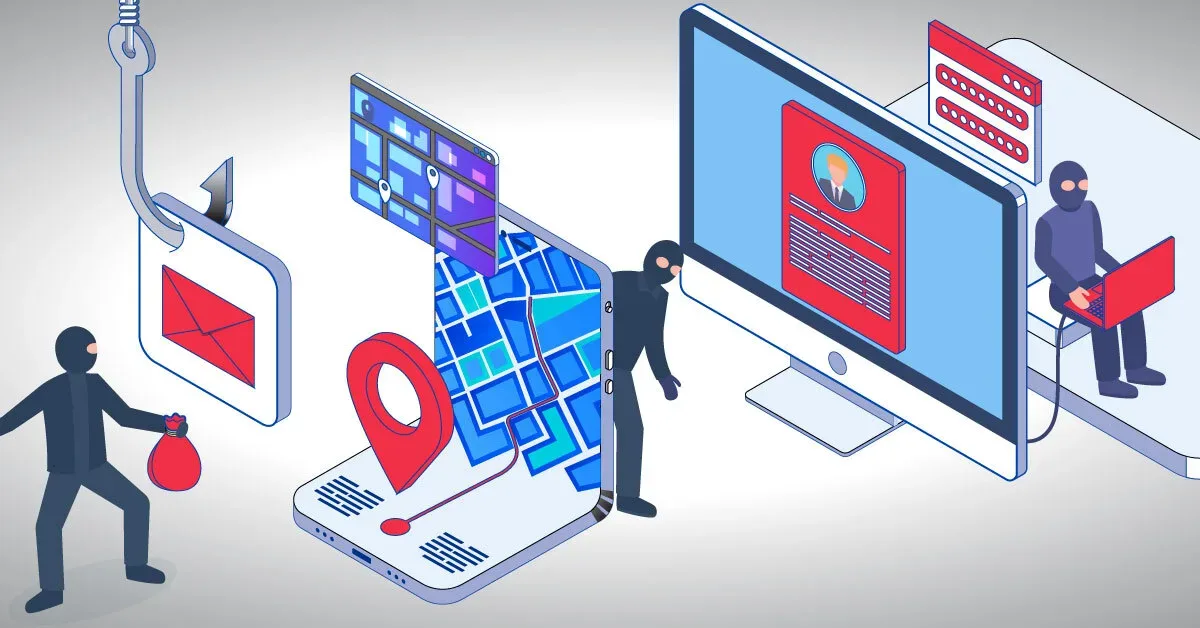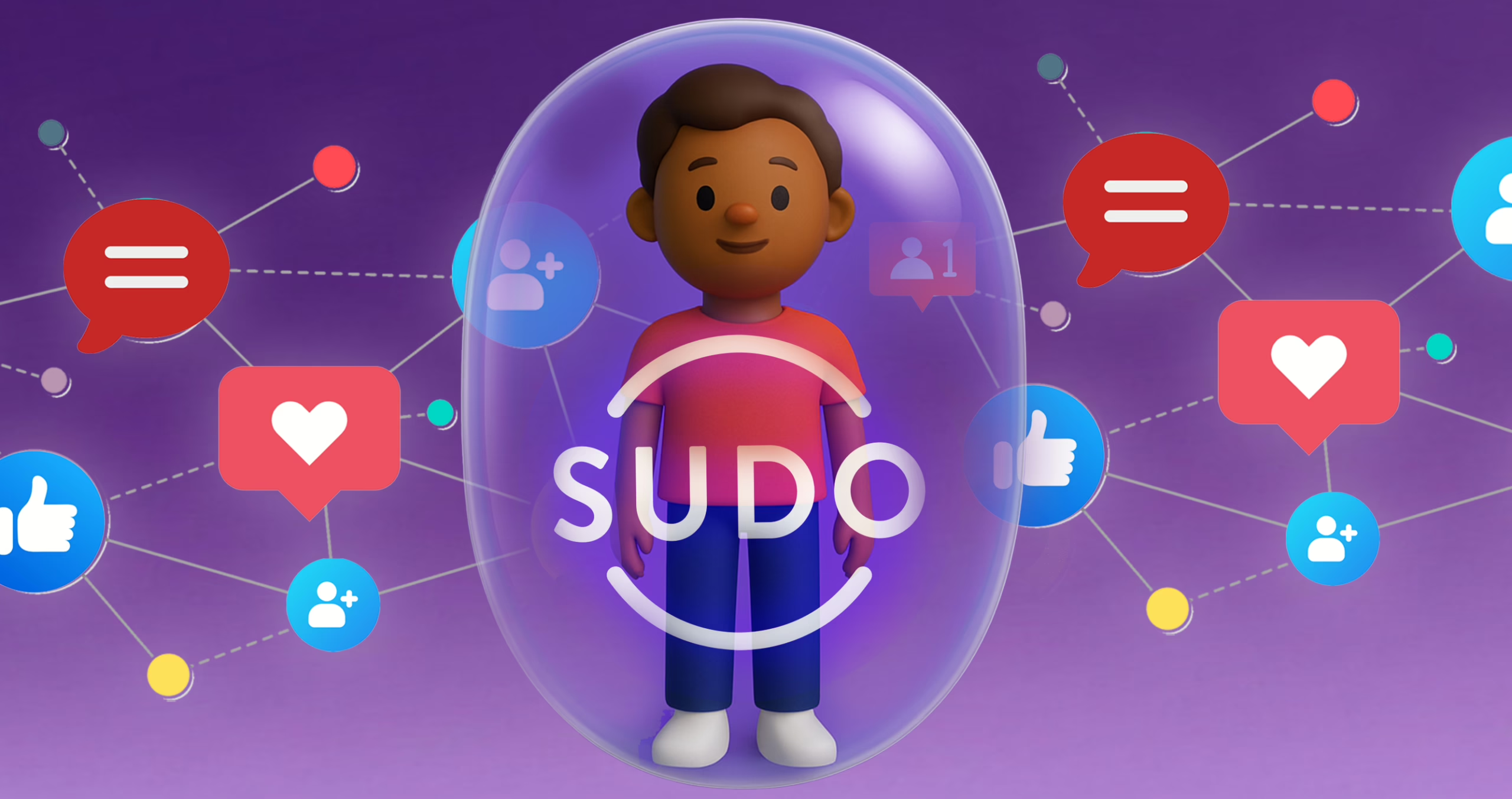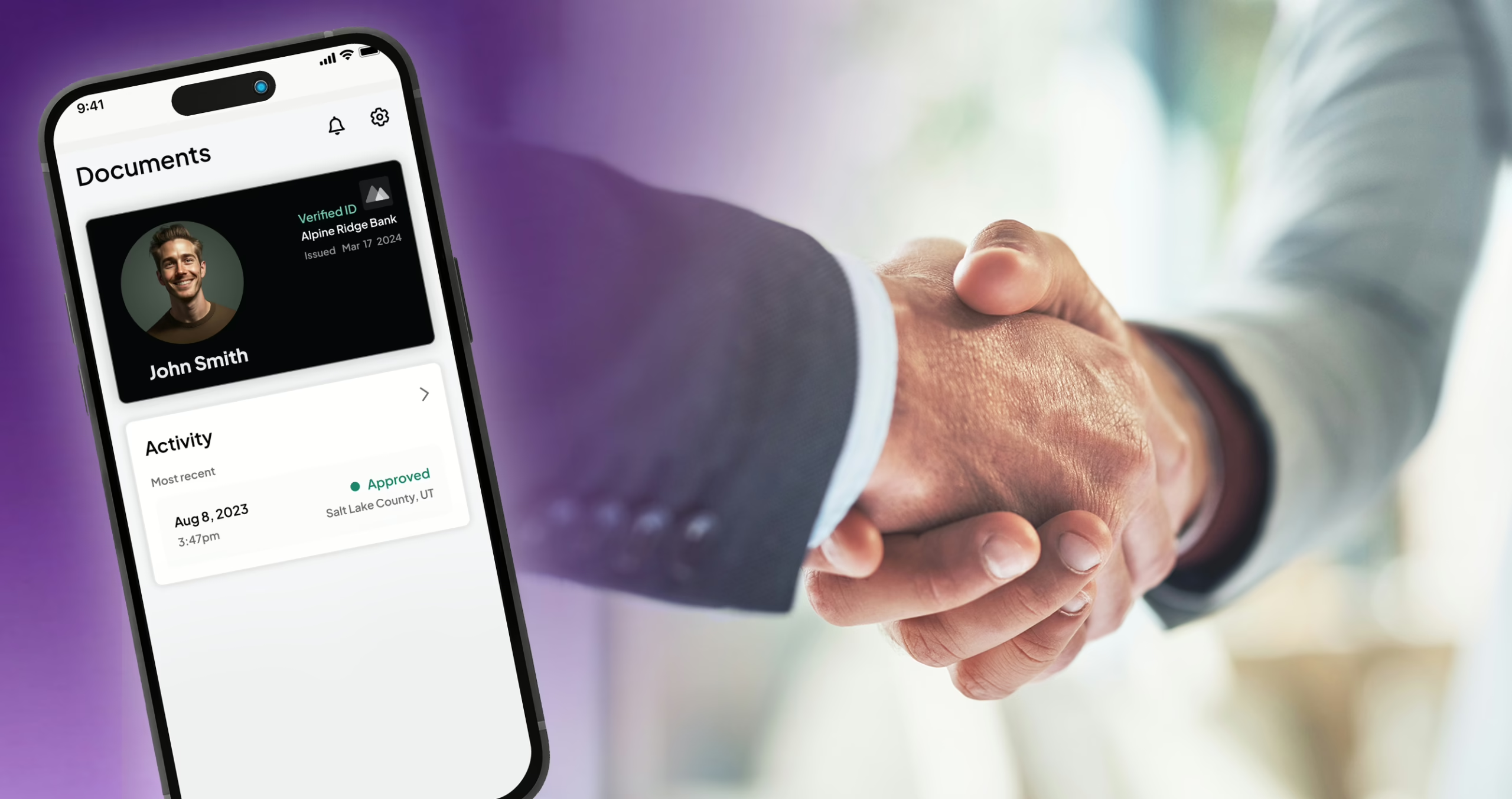As an industry, social media influencing is valued at around $16.4 billion in 2022 – that’s big bucks for businesses that can grow from a person’s bedroom. But with that exciting growth comes hidden dangers that online celebrities/influencers should know about – and know how to manage.
The threats often start when influencers reveal their personal life, whereabouts, and other personally identifying information to their followers – sometimes in the millions around the globe. Who can forget the 2016 Paris robbery of Kim Kardashian in which $10 million worth of jewelry was stolen while she was tied up in the bath? According to Vanity Fair at the time, “her glamorous life was all too easy to track” and “a group of men in their 60s and 70s … had used Kardashian’s social media pages to organize the heist in its entirety.”
If you’re an influencer, giving out your full name and location might be great for creating a connection and building a brand but it’s a sure-fire way to attract at least 6 major risks much worse than trolling:
- Social media and real-life stalking using tech like GPS tracking, keylogging, microphone-hijacking and spy cameras
- Kidnapping, including of family and children
- Account takeovers – a common form of hacking where the criminal steals login credentials and takes over an account to ruin brand reputation, or commit crimes such as identity theft, financial fraud or catfishing
- Phishing scams
- Being duped into giving away personal details in response to fake deals and influencer sponsorship offers
- House burglary while away from home.
You don’t have to look hard for more horror stories of crimes against influencers:
- the case of 15 year-old Ava Majury with more than 1.2 million followers on TikTok whose father shot and killed an alleged online stalker attempting to enter the family home in Florida
- a stalker in Japan who tracked down and assaulted a Japanese singer using her social media posts and selfies. He zoomed in on one image and studied the reflection of a train station in her eyes, quickly figuring out where she would be
- a 21-year-old man arrested in California in September 2021 for breaking into the bedroom of a 13-year-old girl whose address he’d found in her Instagram and other posts
- the Missouri-based serial stalker who was arriving at bars before his victims simply by checking their social media posts.
According to The Guardian, “Social media has normalized the kind of behaviour that would have been called stalking in any previous era.
“Twitter, Facebook and Instagram have normalized the idea of having access to people whenever we want, and slowly eroded the concept of personal privacy. People have become comfortable with the idea of being tracked by governments and companies through their phones, only balking when they realise the full extent of the surveillance. In using these services, even if we lock down every privacy setting we’re given (and many people don’t), we give people unnatural access to our lives.”
So, is it possible to share enough personal information to build a relatable, high-vis brand, but stay safe? Yes, but you must take action to protect your information and yourself.
16 ways influencers can manage the risks
- Create strong passwords.
- Use a password manager to store passwords and other login credentials.
- Use a virtual private network or VPN (coming soon to MySudo!).
- Set up two-factor authentication on your accounts (but, read this first).
- Don’t share your street address.
- Disable location tagging on your images and posts.
- Never say you’re away from home and the house is unoccupied.
- If your business is doing well enough to pay for support, engage someone in ethical hacking to check for unsecure device connections to the internet, outdated software, and information leaks on social media.
- Report impostors on Twitter, Instagram, and Facebook.
- Never use social login (logging in to accounts with your social media login credentials).
- Change your passwords immediately and follow the rest of our advice if you think you’re a victim of a data breach.
- Use an identity theft protection product like this one.
- Protect your children on social media.
- Don’t use your actual physical address when registering your web site domain host. Instead, use a PO Box and possibly an LLC so your name and address aren’t exposed because this is publicly available information if someone wants to search for it.
- Use at least one additional phone number …
… which brings us to number 16: Use MySudo.
MySudo is the world’s only all-in-one privacy app that lets you speak privately, browse privately and pay* privately. You create secure digital profiles called Sudos, and assign to them a dedicated phone number, handle, email, browser and virtual card.* Then, you use your Sudo profile information instead of your personal information, online and off.
What’s more, if you invite your friends and family to MySudo, and find people you know who are already using MySudo, all your voice, video and group calls, messaging and email will be end-to-end encrypted.
Using separate Sudos compartmentalizes your personal life from your public (influencer) life, creating a ring of steel around your personal details that are so attractive to stalkers and hackers.
Going further, MySudo won’t ask for your personal information to create an account and we never require registration login or a password to access the app. Read more about the 2 things MySudo does differently from most other apps.
Finally, our SudoSafe initiative supports at-risk users. We partner with organizations that promote safe use of the Internet as well as those organizations that support at-risk people who may have a specific need for privacy and security in their life. Our goal is to support at-risk users, and to be a privacy resource for organizations supporting their members. If you’re interested in finding out more about Sudo Safe or partnering with us on this important initiative, please contact us at sudosafe@anonyome.com.
Get started on SudoFree and check out our monthly plans.
*iOS and US only. Android and more locations coming soon
*This card is issued by Sutton Bank, Member FDIC, pursuant to license by MasterCard International. Card powered by Marqeta.



